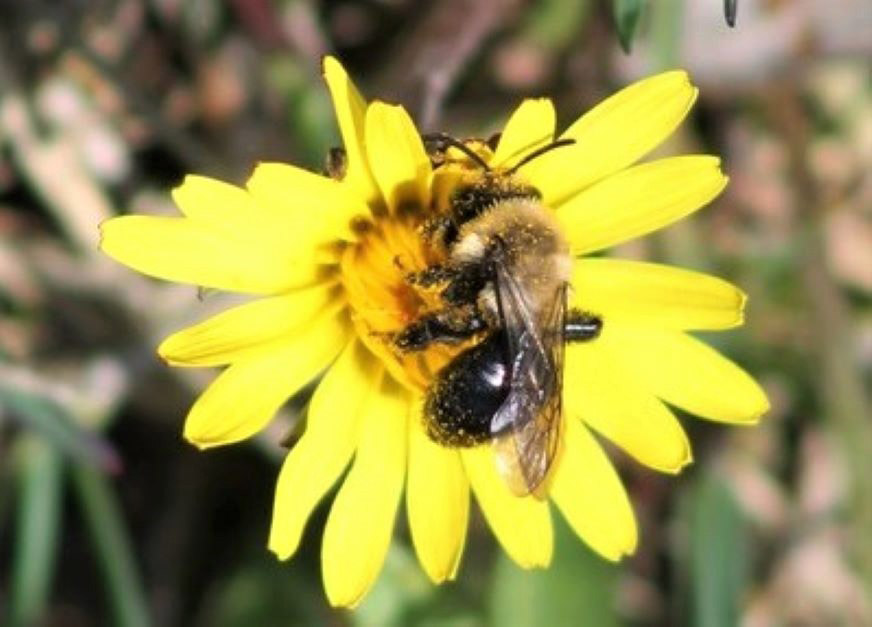USDA is awarding $25 million to conservation partners across the country for 18 new projects under the Conservation Innovation Grants (CIG) program’s On-Farm Conservation Innovation Trials, including four projects and more than $5.5 million in California. This year’s awarded projects increase the adoption of new approaches and technologies to help agricultural producers mitigate the effects of climate change, increase the resilience of their operations and boost soil health.
“On-Farm Trials enable partners to work with producers to test and adopt new climate-smart systems on their operations that support agricultural production and conserve natural resources, while also building climate resilience,” said Carlos Suarez, NRCS State Conservationist in California. Awarded Projects in California include:
- Climate-smart Irrigation for Drought, Fertility, and Structural Resilience in Almond Systems (California) University of California, Davis, will incentivize almond growers to adopt deep root irrigation, pressure compensated subsurface drip irrigation and Hybrid Pb. Hybrid Pb is a new cool-season grass cover crop which differs from traditional cover crops in that it is perennial with a decadal lifespan, and it is dormant in the summer.
- Decision Support System for Irrigation with Limited Water (California, Oregon) Irrigation for the Future will demonstrate an advanced decision support system designed to calculate the productivity of water and optimize the economics of irrigation management field-by-field.
- Stacking Climate-Smart Agriculture and Pollinator Conservation to Leverage Market-Based Incentives (California, Maine, Montana, Oregon, Washington) Xerces Society will demonstrate, evaluate, and quantify conservation practices designed to maximize the dual goals of climate-smart agriculture and pollinator conservation at the farm level.
- Addressing Barriers for Historically Underserved Producers in California’s San Joaquin Valley to Implement Combined Soil Health Practices through Participatory Planning and Evaluation on Diversified Farms (California) The Regents of the University of California will address barriers faced by small-scale historically underserved producers to adopt soil health practices and systems. The project will build flexibility for producers to adapt practices to the unique circumstances of their operations and to test the performance of various practice combinations.
For more news, go to: www.Agri-Pulse.com


